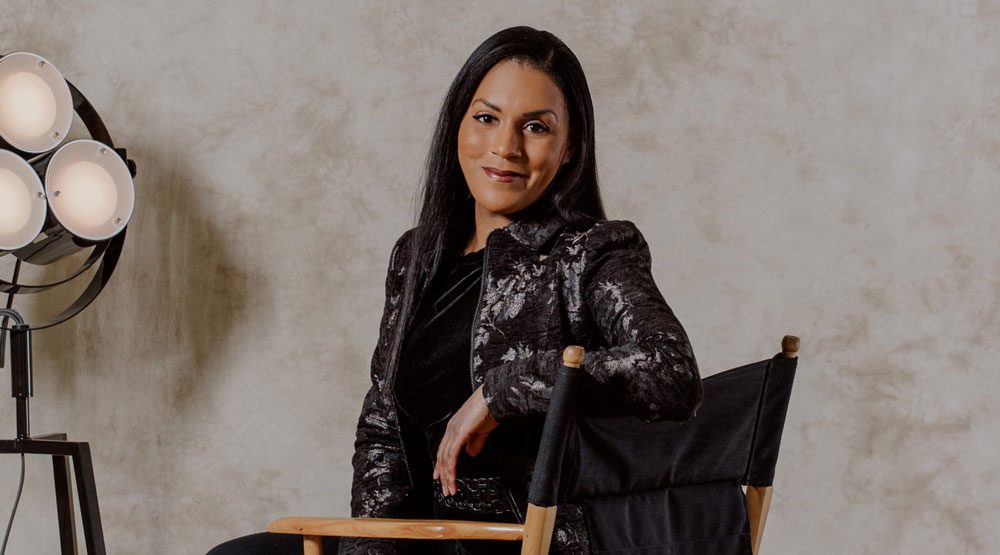As Germany shifts to the becoming, will its movies and TV sequence become a lot much less varied?
After making predominant strides to promote vary in film and TV productions these days, the German film commerce would possibly now be going by a setback on this effort. The nation, which is residence to the Berlin Film Competitors and European conglomerates akin to RTL Group, not too way back handed a film funding laws that eradicated a clause requiring all native productions to fulfill specific vary, gender equality and inclusion requirements.
The German parliament — sooner than being dissolved in December — ushered in a watered-down mannequin of the nation’s deliberate new film laws that may create a additional centralized funding system for manufacturing, distribution and exhibition. Inside the rush to get this important piece of legal guidelines handed, German Custom Minister Claudia Roth “wanted to make some compromises with a function to get the majority in parliament to vote for it,” says Martin Moszkowicz, the earlier chief of German huge Constantin Film who’s now a excellent producer.
A sort of compromises was eradicating the vary clause that doesn’t sit successfully with Germany’s additional conservative forces. The clause is definitely opposed by the far-right, anti-immigrant Totally different for Germany (AfD) social gathering, which is projected to win better than 20% of the vote on the nationwide elections on Sunday.
Nevertheless “the [diversity] tips weren’t there to really impose one thing,” says Philipp Kreuzer, chairman of the supervisory board of promotional physique German Motion pictures and founding father of Munich-based Penzing Studios. “They’ve been there merely to actively encourage of us to make films that are varied.”
He notes that regardless that the vary clause fell out at a nationwide stage, it doesn’t suggest that it’s not nonetheless in place referring to getting regional funds. Broadcasters in Germany “will nonetheless be following vary tips as soon as they payment initiatives,” he gives.
“Vary ought to easily happen routinely, not pressured by a laws, because of that technique it possibly obtained’t happen anyway,” says producer Fred Burle, a affiliate throughout the Berlin-based One Two Motion pictures, whose credit score embrace “Holy Spider” and Berlinale title “Köln 75.” However, he says eradicating the clause was a “very retrograde” act and personally “very irritating” for him “being a minority myself: a worldwide man, a queer man. And I’d say that for all the alternative minority groups or groups that actually really feel they’re a minority.”
Counting on the results of the Feb. 23 elections, it’s attainable that the vary clause may be reintroduced into Germany’s film laws. Regardless, Kreuzer and completely different German producers are optimistic that even when which were to not happen, this is ready to not result in an infinite backlash. “Everyone on this commerce is conscious of that vary is part of our custom and we aren’t going to supply it up,” Kreuzer says.
That feeling is echoed by Berlin-based producer Roman Paul (“Waltz With Bashir,” “Santosh”).
“Regardless of any regulatory modifications, we at Razor Film keep devoted to diversifying every our teams and themes, having labored with additional female than male filmmakers so far,” he says.
Working instance is the company’s new problem “Identitti,” directed by Randa Chahoud (“The Interpreter of Silence,” “Deutschland 89”) and based on the eponymous novel by Mithu Sanyal. “Identitti,” which is ready to enter manufacturing in April, explores what Paul describes as a very diversity-related question: “Why would a white German fake to be an Indian scholar? It’s as a lot as her best scholar — who may be navigating what it means to reside proper right here with every Indian and Polish heritage — to go looking out out.”
Along with, as Moszkowicz locations it, “there are completely different strategies to implement vary” than the film laws. Lastly, he says, “it have to be completed because of it’s the becoming issue to do — and I’m assured that we’re going to.”
